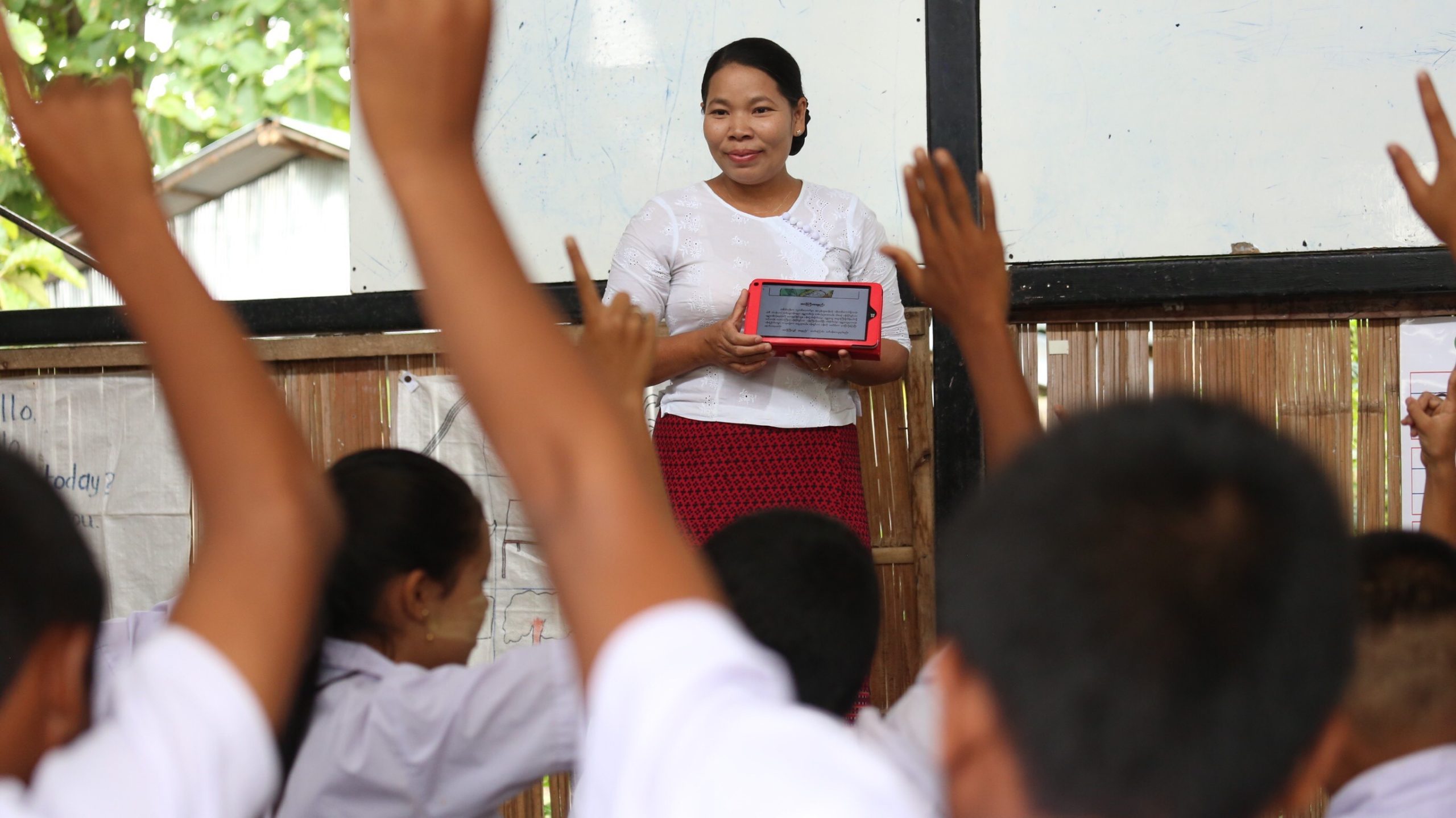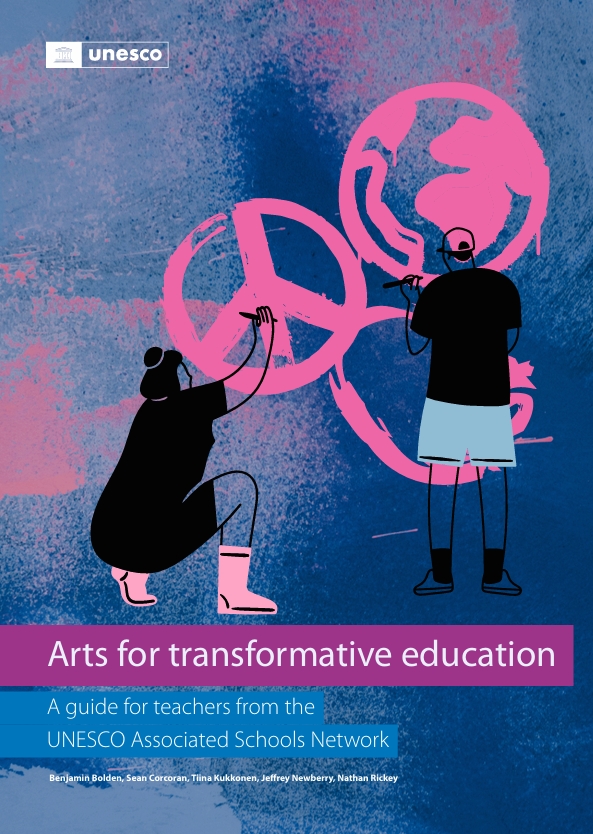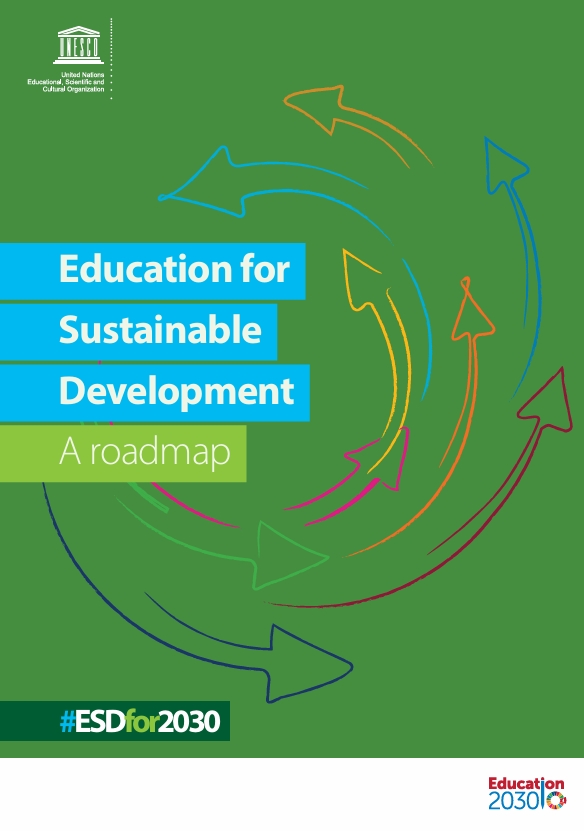Effective School Leadership for the 21st Century: Meeting the Sustainable Development Goals
7-9 November 2018, Bangkok, Thailand
School leaders have an impact on the entire school system. They are expected to lead in achieving the school performance targets, enhance the school’s reputation, address a diverse range of administrative and academic concerns, ensure a conducive learning environment, and deal with partners and education authorities. Often serving as the links that connect external development and demands with internal school processes and outcomes, school leaders can be highly stressed and overburdened. With limited resources, they face serious challenges in meeting their school’s educational goals.
What does it take to be a successful school leader? A number of studies and frameworks have pointed out a combination of elements that contribute to successful school leadership, including high expectations, shared/distributed leadership, core leadership practices, pragmatic and contextualized approaches, continuous learning, instructional leadership, innovation, collaboration, stakeholder engagement, among others. Other studies underscored the need for school leaders to develop socio-emotional competencies, including self-awareness, empathy, trust and respect, and resilience in order to effectively influence change and cultivate commitment within the school.
Recognizing that school leadership is a priority and school leaders need sustained support to enable them to do their job more effectively, the UNESCO Asia and Pacific Regional Bureau for Education (UNESCO Bangkok)has implemented several projects that address this need. For example, the Korean Funds-in-Trust Preparing Teachers for Global Citizenship Education (GCED) project aims to strengthen the capacity of school leaders to support and implement GCED in their institutions. Similarly, under the UNESCO-HNA Partnership for Girls’ and Women’s Education, the Enhancing Girls’ and Women’s Right to Quality Education through Gender Sensitive Policy Making, Teacher Development and Pedagogy in South, Southeast and Central Asia project plans to enhance female school leadership to create a more gender-responsive and gender-friendly learning environment.
It is within this context that UNESCO Bangkok is organizing the 19th UNESCO-APEID International Conference, Effective School Leadership for the 21st Century: Meeting the Sustainable Development Goals, to facilitate discussions about school leadership in contributing to the SDGs. The specific objectives of the Conference are to:
- Increase understanding of school leaders’ roles, responsibilities, and challenges in the 21st century;
- Showcase innovative school leadership programmes and practices in improving the quality of education;
- Foster effective assessment, monitoring and evaluation of school leadership; and
- Facilitate collaboration and networking to support quality school leadership.
Eminent speakers, paper presenters and facilitators will share their rich experiences in linking theory to practice. Policy makers, academicians, researchers, school leaders and administrators, educators, parents, students and representatives from international organizations, local communities and the private sector attending the Conference will be able to interact and engage in stimulating discussions regarding school leadership policies, strategies and resources. Workshops demonstrating innovative practices to enhance school leaders’ capacities and to apply their skills in leading the school will also be conducted. Participants are encouraged to discover how they can optimize their knowledge and contribute to support school leaders in the 21st century.
Sub-themes of the Conference
I: What is School Leadership in the 21st Century?
- Defining school leadership roles, responsibilities, issues, and trends in a globalized and interconnected world
- Examining school leadership policies and governance
- Establishing standards and competency frameworks for school leadership
- Linking school leadership and educational transformation
II: Innovative School Leadership Practices
- Identifying and preparing future school leaders
- Developing school leadership capacities and skills
- Investigating different approaches for sharing school leadership
- Showcasing practical examples of effective school leadership
III: Strengthening School Leadership and Collaboration
- Developing indicators, approaches and tools for assessing school leadership
- Exploring diverse models for strengthening school leadership performance
- Supporting collaborative research on school leadership
- Harnessing the use of technology for communication and dialogues on school leadership
Call for Papers
The organizers invite papers on the Conference sub-themes. Submit English abstracts, no longer than 200 words, at https://www.surveymonkey.com/r/apeidconf by 14 September 2018.
Venue
Pullman Bangkok King Power Hotel, Bangkok, Thailand
Registration
Please register online at https://www.surveymonkey.com/r/apeidconf, or contact UNESCO Bangkok at [email protected] for further information.
Fees
| International participant | US$ 350 |
| Early bird* | US$ 250 |
| Full-time student | US$ 150 |
| Resident of Thailand | US$ 150 |
| Group registration** | US$ 250 each |
* Payment for Early bird registration must be received by UNESCO Bangkok by 19 October 2018.
** For 5 or more individuals from the same organization/institution.
The Conference fees will cover only the following items:
- Attendance at all sessions
- Conference materials
- Lunches and refreshment breaks
- Welcome reception
Payment
Send a bank draft payable to “UNESCO” at the following address:
UNESCO-APEID International Conference Secretariat
UNESCO Bangkok
920 Sukhumvit Road
Bangkok 10110, Thailand
Important dates
Submission of abstracts 14 September 2018
Notification of abstract acceptance 28 September 2018
Payment for early bird registration fees 19 October 2018
Payment of registration fees 2 November 2018
-
Concept Note
-
Frequently Asked Questions
-
Hotel Accommodation Form (MS Word and PDF)
-
19th UNESCO-APEID International Conference 2018 Brochure
For more information, please contact:
UNESCO-APEID International Conference Secretariat
UNESCO Bangkok
920 Sukhumvit Road, Prakanong
Bangkok 10110, Thailand
Tel: (66-2) 391 0577
Fax: (66-2) 391 0866
Email: [email protected]
About UNESCO-APEID International Conference
Based in the UNESCO Asia and Pacific Regional Bureau for Education in Bangkok, Thailand, the Asia and Pacific Programme of Educational Innovation for Development (APEID) was established as a regional inter-country cooperative programme in 1972 and came into official operation in 1973. In January 2016, APEID was restructured and incorporated into the Section for Educational Innovation and Skills Development (EISD)to meet changing contexts, priorities, needs and challenges in the region. EISD’s mission is to promote innovation in education and contribute to the capacity development of education systems in order to provide equitable, quality, relevant and technology-enabled lifelong learning and skills development opportunities for all towards sustainable development and peace in Asia and the Pacific.
This series of UNESCO-APEID International Conferences, held since 1995, has been recognized as an important platform for policy dialogue and information/knowledge sharing on development-oriented education innovations and exemplary practices in and beyond the Asia and Pacific region.
Event:
Nov 07, 2018 – Nov 09, 2018






